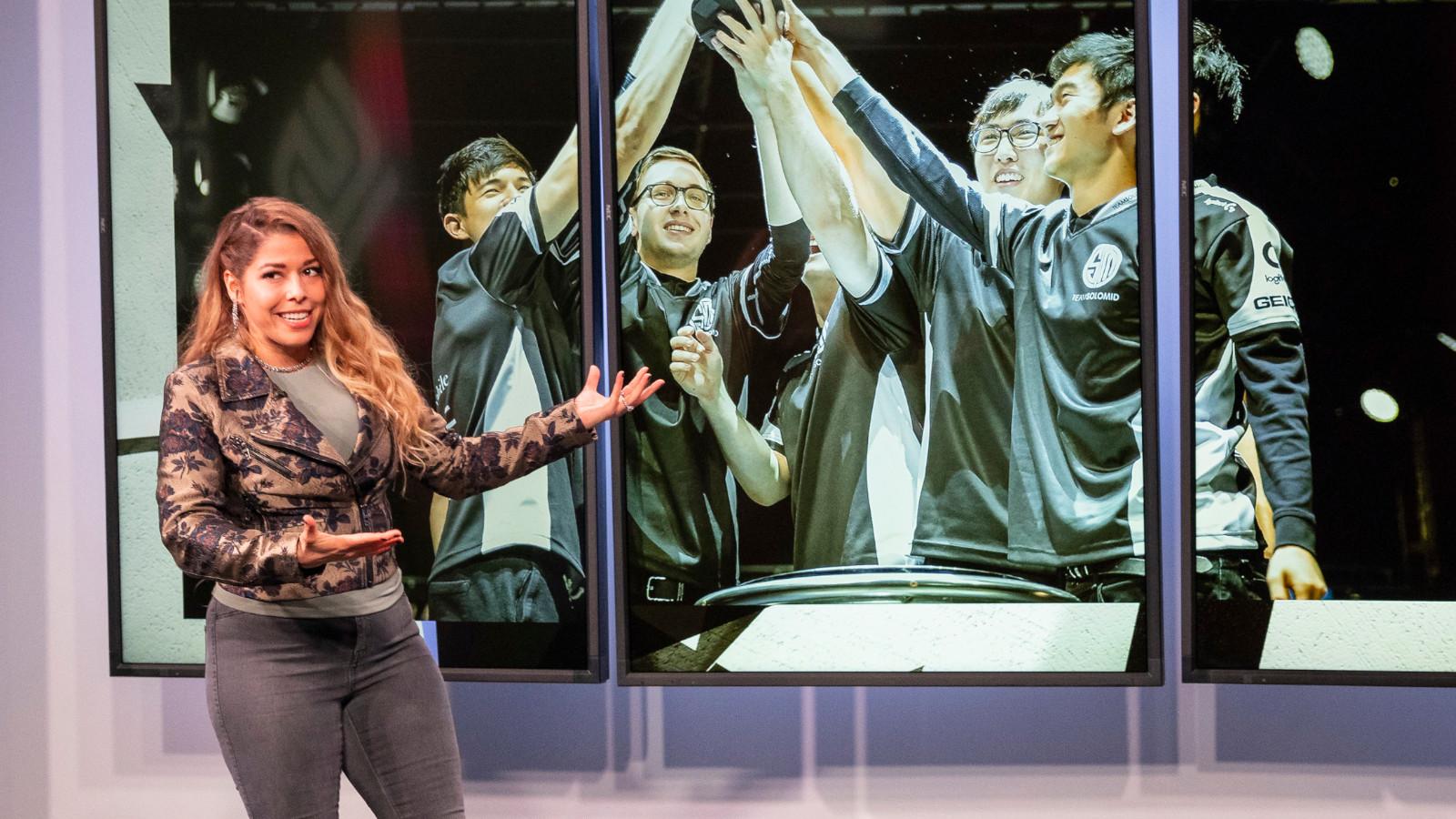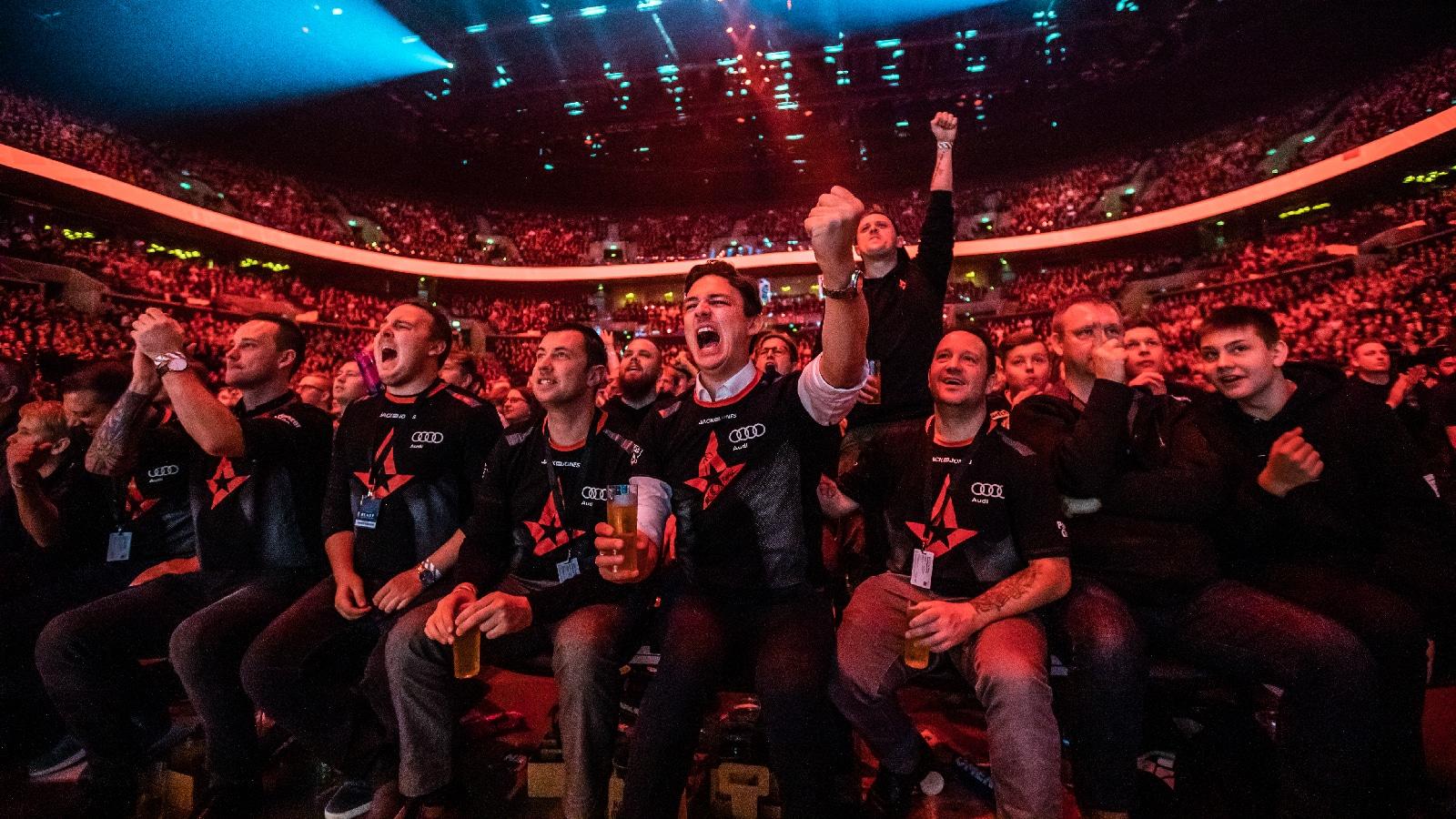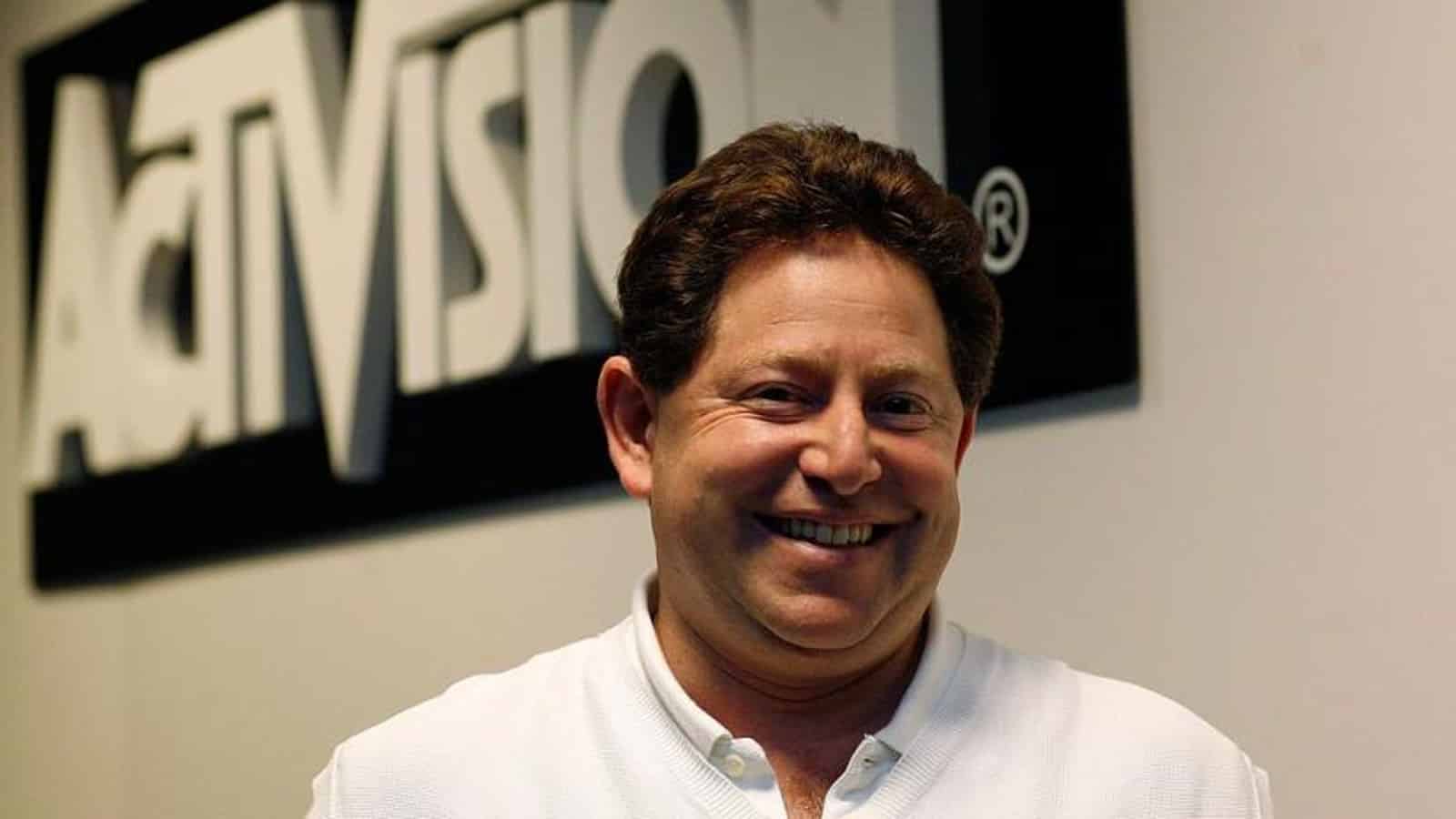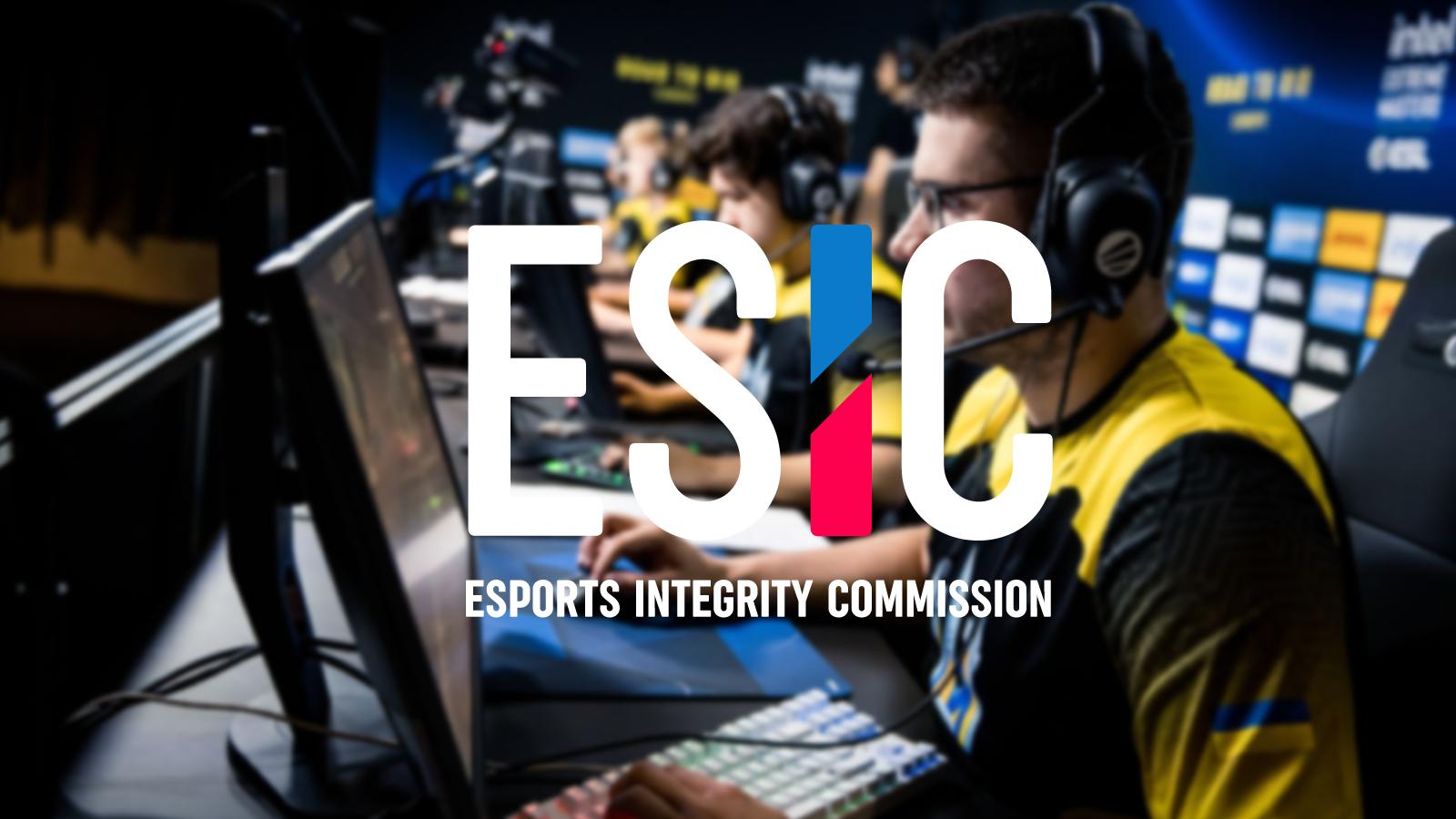The Esports Iron Curtain: How the war in Ukraine has changed esports
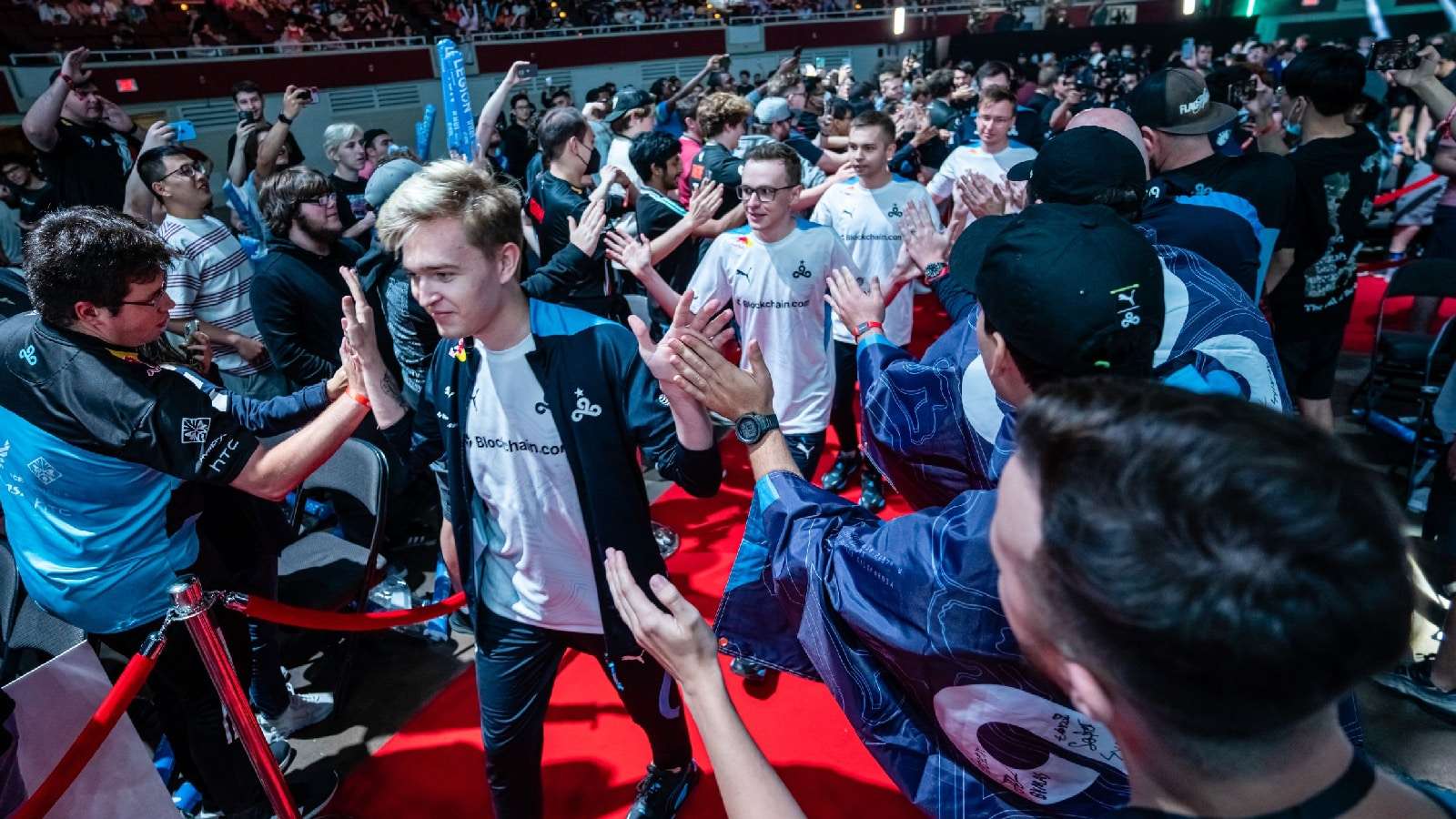 Eric Ananmalay/ESL Gaming via ESPAT
Eric Ananmalay/ESL Gaming via ESPATThe ripple effects of Russia’s invasion of Ukraine are being felt across esports. This is a regression for an industry touted as global, and it will be a long time before things return to any semblance of normality.
Another CS:GO Major is in the books, and despite the odds, the event has only one glaring asterisk next to it, one beyond anyone’s control and one that was mitigated as much as it could be. Even with Russia’s invasion of Ukraine, this event managed to see every team that qualified attend with their full line-ups, even though this seemed a pipe dream in the months leading up to it.
It could have been very different of course. The initial Belgian response to Putin’s invasion of Ukraine was as stern as one would expect from the nation that houses the European Union headquarters. “Russia’s reckless attack forces us to be careful with Russians wishing to come to Belgium,” said Sammy Mahdi, Belgium’s junior minister for asylum and migration. “At the moment, Russians are not welcome here, a general visa ban for Russians should not be a taboo.” And while the Belgian Prime Minister, Alexander De Croo, hasn’t spoken up specifically on the matter of banning travel for Russians, he has made it clear he supports even stricter sanctions against Russia than the ones so far imposed.
In May it was also announced that the European Union would be placing “increased scrutiny” on Schengen visa applications filed by Russian citizens, something that would likely lead to visas taking longer to process and increase the number of denials issued. “Given the current security situation, it is important that consulates thoroughly verify whether applicants could be considered to be a threat to public policy, internal security, or to the international relations of any of the Member States, in which case the visa should be refused,” read the official EU Commission communiqué.
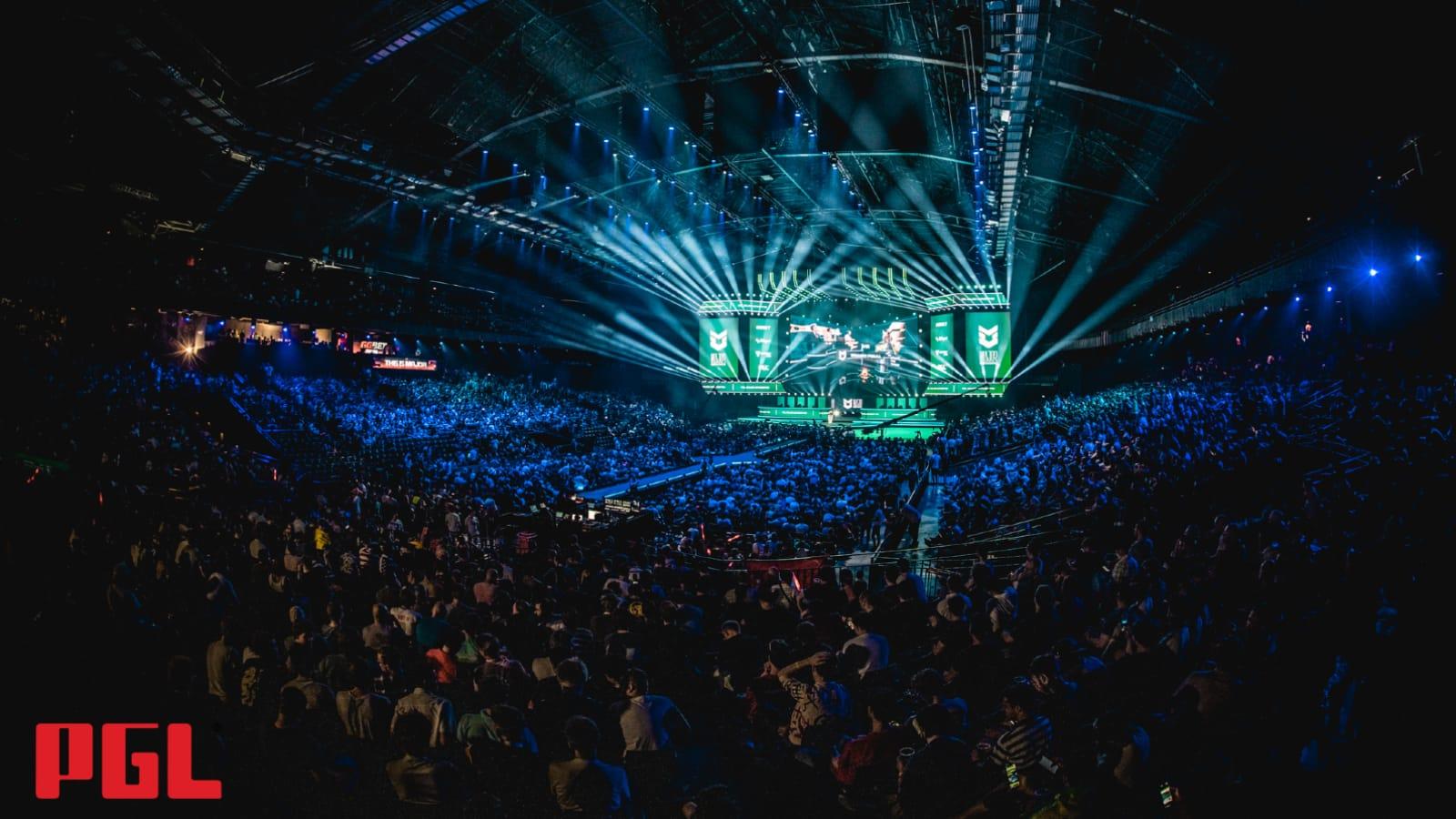 João Ferreira/PGL
João Ferreira/PGLIt seemed a reasonable expectation then that for this Major the Russian nationals might have trouble entering the country to compete. This was only avoided due to a concerted effort by PGL, the organizations, and local politicians in Antwerp. Recognizing the opportunity for the city of Antwerp, the mayor’s office and PGL staff worked from February up until the first official day of the tournament to ensure there would be no barriers for competing players. It was no coincidence that once the tournament made it to the stadium, the Mayor of the city turned up to smile for the cameras and the potential future voters.
The fact that amid the current geopolitical landscape we were able to get a competition that was not ruined by immigration and travel laws in some way is a miracle. Sadly, I suspect it might be one of the last we will have for a while. With the invasion of Ukraine not showing any sign of stopping, the sanctions issued against Russia continue to come and bleed into everything. It is almost certainly the end result that Russia-based teams will no longer be welcome at international competitions in esports and that we will end up with two circuits on either side of an “iron curtain” style arrangement. Russia and Belarus-based teams will likely compete alongside Chinese teams — who currently find themselves subject to a number of laws from their government surrounding international travel — and rarely shall we see them internationally.
For Russians, regardless of whether or not they adopt an anti-Putin stance, the world is currently shrinking. In March, shortly after the invasion took place, the Czech Republic announced it would no longer be accepting or processing visa applications from Russian nationals. Lithuania followed suit, as did Latvia, making an exception for humanitarian crises. In April, the Netherlands stopped issuing all visas to Russians after their diplomats were expelled. There’s no official EU ban on issuing new Russian visas, but official status is largely irrelevant if a Russian application comes with that aforementioned greater scrutiny. Even a request for further evidence can delay an application for long enough to make it impossible to compete, so the practicalities of employing Russian players outside of Russia is now a serious question.
Almost all major international airlines have stopped direct flights to and from Russia, making travel much more inconvenient as you must connect from a nation with an airline not honoring these restrictions. So, for the teams that have not relocated to somewhere else in Europe, there will be significant extra costs for each journey to a tournament and when you get there maybe you can’t even promote your sponsors. As you can see, even relocation to somewhere else in Europe might not be enough for some countries to admit you.
The immigration matter is one of the greatest issues esports has faced down the years despite many claiming to have solved it once and for all. For all the crowing about the size of the industry and how many people claim to have the ears of politicians, the reality remains underwhelming. We don’t have the lobbying power to hold the attention of the average politician who would much rather pander to other, wealthier groups in pretending that video games are some sort of destructive force within society. So when it comes to a situation like the one between Russia and Ukraine, which has seen the world of sports tie itself in knots, what chance does our thing really have? Outside of esports, our advocates are few and far between, and many major nations are not going to deviate from their politics for the small trifle that is esports.
Take for example the issues surrounding the first event of the post-Major world, IEM Dallas. Despite being part of the Intel Grand Slam and the title sponsor having invested yet another $100 million into ESL tournaments, it will go down in history as one of the most shabby and meaningless tournaments ever played at the highest level. NAVI, a Ukraine-based org with Russian players, Entropiq, a Czech Republic-based org with Russian players, and Virtus.pro, a Russia-based org with Russian players, were not able to obtain the visas to compete in the United States. For good measure, there was also a raft of individuals denied access, but the common thread of these examples seems hard to ignore.
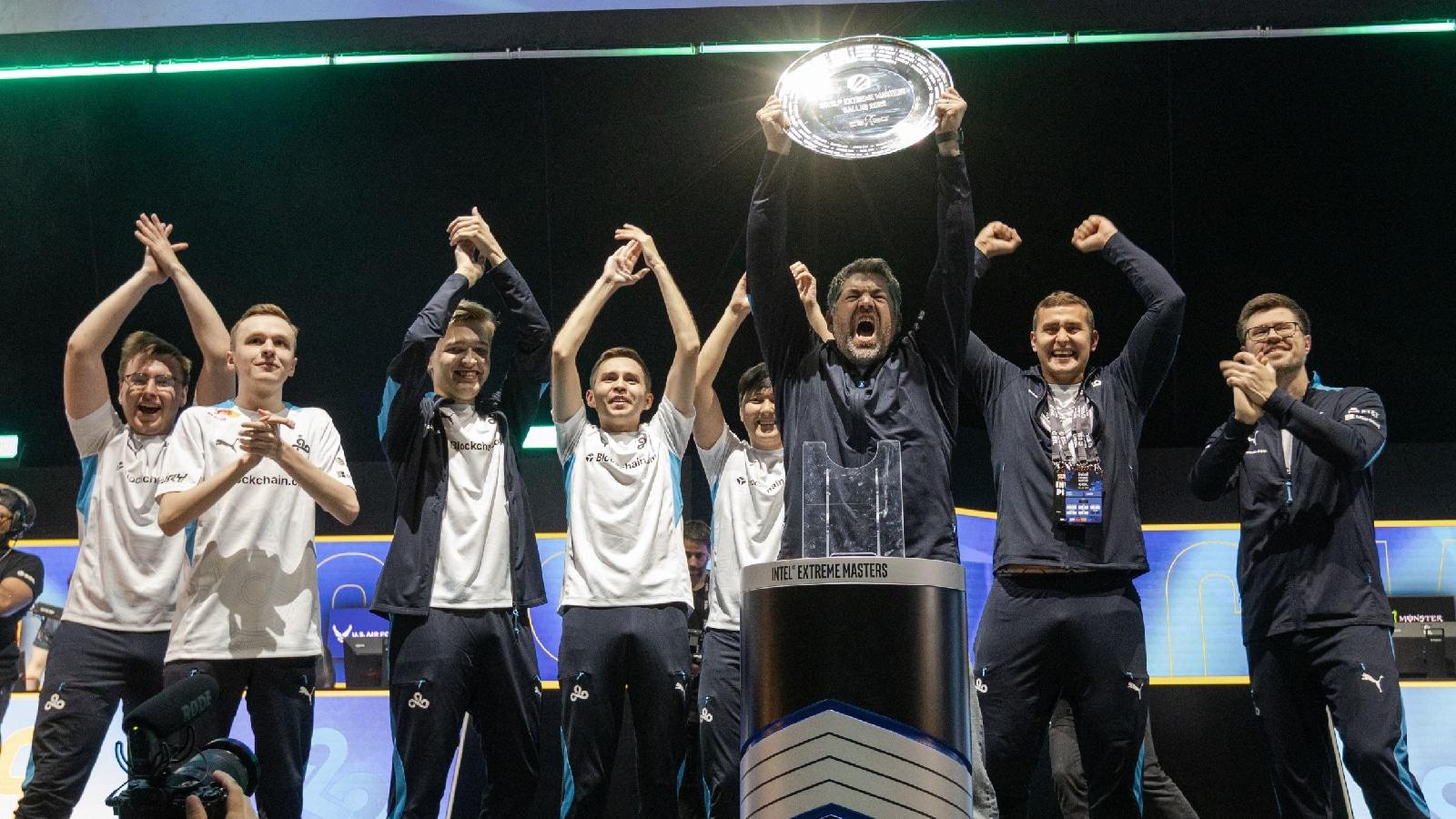 Carlton Beener/ESL Gaming via ESPAT
Carlton Beener/ESL Gaming via ESPATWorth mentioning is that in addition to any suspected issues with admittance to the US as it relates to the conflict in Ukraine, there’s also the layer that the Russian Coronavirus vaccine, Sputnik V, isn’t currently recognized by the FDA or the WHO. This means that unless a Russian competitor has had two doses of vaccine from elsewhere in the world and has the requisite paperwork to prove it, they won’t be admitted into the country. The conflict in Ukraine likely means that any expedition of that process isn’t going to be forthcoming.
With all this in mind, if you are a Russian player you are left with some stark choices. You either agree to not only relocate to a country that accepts you but also to adopt some aspect of their national identity for the purposes of travel. You accept that in doing so you might not be able to return home for a prolonged period of time and when you eventually do it could be the last. The weight that’s bearing down on you while making that decision is the economic reality that the Russian economy is going to be in decline for some time and so walking away from a relatively lucrative salary might make less sense than walking away from your family and friends. If you choose to remain in the country of your birth then not only are your economic opportunities greatly reduced, the level of competition you’re likely to be facing for the foreseeable future is, too. No small decisions for any professional player to have to make and all done under the spotlight of middle-class teenagers saying “just leave your country and family lol” — words that can only come from those who never had a parent on the oil rigs or the military.
The same goes for the Russian organizations, too. Let’s be honest, when it comes to sports money in Russia, maybe all their money, in some way is going to be traceable back to Putin’s government or, at the very least, one of his cronies. Now you either have to obfuscate that reality or leave that money on a table somewhere, with all of the business and political ramifications that leads to. The investment you make into your players has fewer safety nets because Russian players, saddled with the above burdens, are now worth less, hence the incredible “smash and grab” from Cloud9 via the way of ULTI Agency, a Norwegian esports agency. Gambit lost one of the best teams in the world for a reputed $1 million, a price-tag unthinkable six months ago. Most likely now you will see a type of hibernation from the organizations lacking financial stability, maybe even closures. Those committed to the long-term will simply invest in Russian talent without designs on international competition.
These realities are already starting to play out before our eyes. The revelation of the Major in Antwerp, Team Spirit, have had to bench their star player, Abdulkhalik ‘degster’ Gasanov, as he did not wish to relocate to Serbia. This was due to the fact players were expected to spend a minimum of nine months in that country for the purposes of facilitating competition. This represents one of the best players in that region likely to mostly waste his career through no particular fault of his own. Team Spirit will also suffer. They are now faced with paying a salary contribution to an inactive player or offloading him to a Russian organization for a fraction of his value. In the not too distant past that sale could have been to a North American organization for serious money.
Official comment pic.twitter.com/muWGUDXhls
— Abdul (@degsterof) June 11, 2022
Whatever your opinion about that, it is inarguably a regression for an industry touted as being truly global and for everyone that for the first time in our young history, a war is starting to profoundly shape our future. This isn’t just going to affect CS:GO, a niche within a niche, but will be felt across our industry as a whole, and collectively we will be a hostage to the whims of the governments and the corporations that make decisions we all have to abide by.
It begs the question why were we in such a rush to do anything at all instead of waiting to see how things played out. The first sanctions from esports organizations came down on March 1 and were wildly inconsistent at best. Almost all of those decisions are superseded by policies being enacted by entities we need to have partnerships with if we want to function. In short, esports can’t go “back to normal” until the world does.
If you need to think about where we are right now you only need to look at what has happened to NAVI in the aftermath of the conflict. The bulk of two academy team rosters was cut, their CEO is making esports decisions while simultaneously being deployed in a militia and their flagship team is barely holding together. Two of their Russian players have agreed to relocate, but they have lost their in-game leader due to pro-Putin comments made by that player’s wife. The top-tier talent that they would like to acquire in his stead is likely tied to contracts that would require them to make a financial contribution to the Russian oligarchs that no one is supposed to be financing anymore so their replacement isn’t likely to be the best available.
At the heart of it all is their talismanic player, Aleksandr ‘s1mple’ Kostyliev, who, likely as a result of the emotional burnout due to the conflict and watching the team he personally approved fall apart, has repeatedly intimated he will need a break to recover. That break could entail anything from a well-deserved holiday to early retirement, to a less complicated streaming career, or to an opportunity in Valorant.
It only took four months for CS:GO to be turned upside down into something unrecognizable by forces we couldn’t control. The events that started in February will resonate long beyond their end and increasingly, our global game is coming with caveats to what the word “global” actually means.
